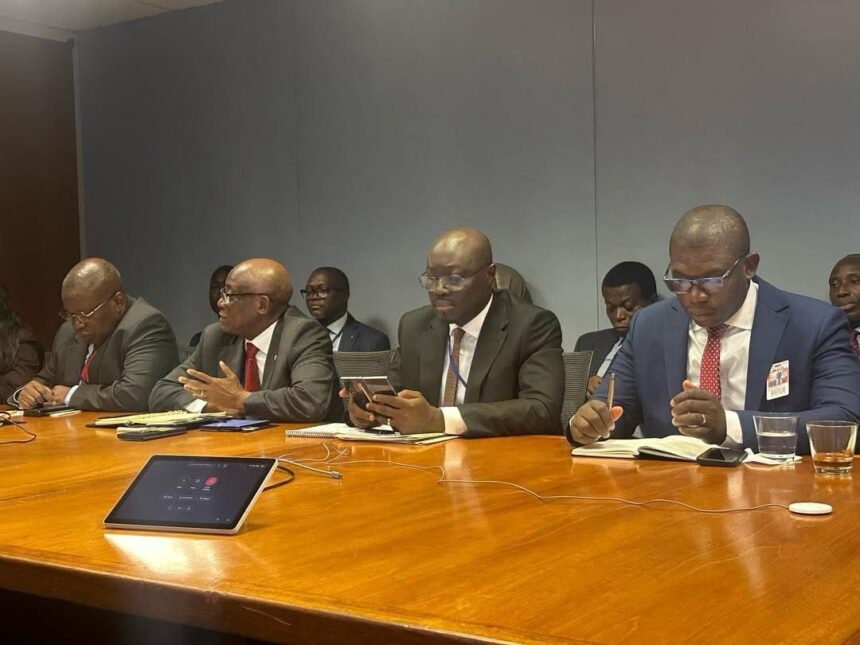In a significant move to revamp the country’s energy landscape, Ghana has submitted a Legislative Instrument (LI) to Parliament, paving the way for competitive procurement of power generation services.
This development was announced by Finance Minister Dr. Cassiel Ato Forson during a high-level discussion on the Ghana Energy Compact under Mission 300 at the World Bank.
According to Dr. Forson, the submission of the LI is a crucial step towards addressing the longstanding inefficiencies and improving transparency and value for money in energy contracts.
“We have submitted the LI to Parliament to ensure that all future procurement of power plants is done competitively. This is essential if we are serious about solving the deep-rooted challenges in the energy sector,” he stated emphatically.
The Minister underscored the gravity of the situation, noting that Ghana’s energy sector poses the biggest economic risk to the country, with a current financial shortfall of approximately $2 billion. He attributed the shortfall to inefficiencies in the value chain, particularly in the distribution sector, which are driving up costs for ordinary Ghanaians.
“ECG alone could halve the shortfall if it fixes its inefficiencies. We cannot continue to pass these losses on to consumers,” he said, highlighting the urgent need for reform.
Dr. Forson emphasized that the Legislative Instrument is a vital component of broader reforms aimed at restructuring the sector.
He urged Parliament to expedite the passage and implementation of the LI, stressing that the Energy Compact comes at a critical juncture and must not be delayed.
“Time is of the essence,” he concluded, underscoring the importance of swift action.
The submission of the LI marks a significant milestone in Ghana’s quest to reform its energy sector and promote competitive procurement practices.
With the potential to unlock substantial economic benefits and improve the lives of Ghanaians, this development is being closely watched by stakeholders and the general public alike.








